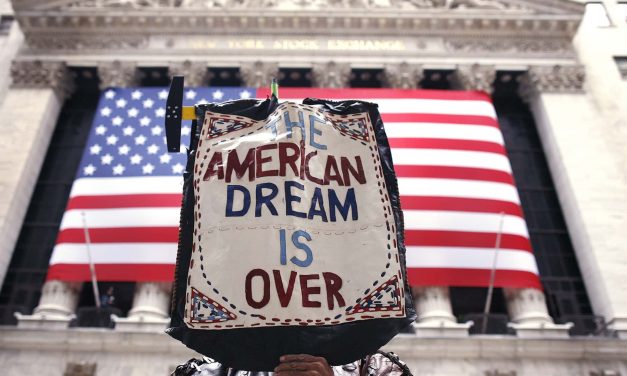An Urban Battlefield: The untold struggle of homeless veteran families
By Roya Ijadi-Maghsoodi, Assistant Professor of Psychiatry and Biobehavioral Sciences, University of California In 2010, the Obama administration announced the ambitious goal of ending homelessness among veterans. Since then, the number of homeless veterans fell by almost 50 percent nationwide. Yet statistics are only part of the story. What is missing from federal and state statistics, the media and the minds of many Americans, is the story of homeless veteran families. Through my work as a researcher and physician caring for women and homeless veterans, I see these families. I hear about their struggles to find housing in safe...
Read More















